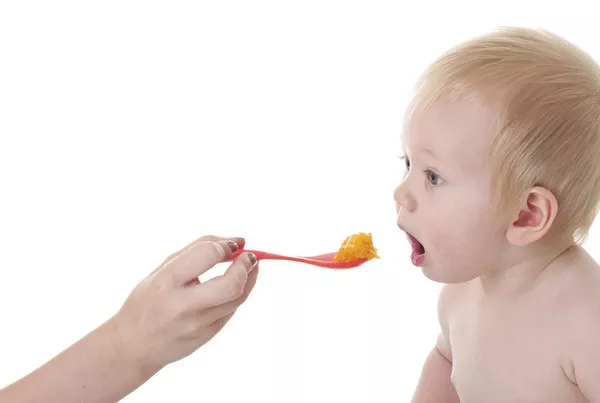As a parent, ensuring your baby’s optimal health and development is of paramount importance. Among the crucial nutrients required for a growing baby is iron. Iron plays a vital role in the production of hemoglobin, which carries oxygen to all cells in the body. Adequate iron intake is essential for cognitive development, a strong immune system, and overall growth. In this article, we will explore various ways to ensure that babies receive sufficient iron, emphasizing the importance of a balanced diet, potential iron deficiencies, and strategies to enhance iron absorption.
The Importance of Iron for Babies
Before diving into the ways to boost iron intake, let’s understand why iron is crucial for your baby’s well-being:
Hemoglobin Production: Iron is a key component of hemoglobin, the protein in red blood cells responsible for carrying oxygen throughout the body. Sufficient hemoglobin levels are essential for overall health and vitality.
Cognitive Development: Iron plays a critical role in brain development and cognitive functions. Adequate iron levels support a baby’s learning abilities and memory retention.
Immune System Support: Iron is involved in the production of white blood cells, bolstering your baby’s immune system and helping them fight off infections.
Iron-Rich Foods for Babies
Introducing iron-rich foods to your baby’s diet is an effective way to ensure they receive the required daily intake. Here are some excellent sources of dietary iron:
Iron-Fortified Cereals: Start with iron-fortified cereals when introducing solids to your baby’s diet. These cereals are specifically formulated to provide the necessary nutrients.
Pureed Meats: Once your baby is ready for protein-rich foods, pureed meats like chicken, turkey, and beef can be introduced. These are highly bioavailable sources of iron.
Legumes and Beans: Lentils, chickpeas, and other legumes are excellent plant-based sources of iron for your baby’s diet.
Iron-Rich Fruits and Vegetables: While the iron content in plant-based foods may be lower than animal sources, incorporating vitamin C-rich fruits and vegetables like spinach, broccoli, oranges, and strawberries alongside these foods can enhance iron absorption.
Iron Absorption Enhancement
To maximize iron absorption from dietary sources, consider the following strategies:
Pair Iron with Vitamin C: Combining iron-rich foods with vitamin C-rich foods enhances iron absorption. For example, serve a side of bell peppers with pureed meats or include vitamin C-rich fruits in iron-fortified cereal.
Avoid Tea and Coffee with Meals: Tannins in tea and coffee can inhibit iron absorption. Avoid serving these beverages during meal times.
Cooking in Cast Iron: Cooking foods in cast-iron cookware can slightly increase the iron content of the meal, benefiting your baby’s iron intake.
Signs of Iron Deficiency in Babies
Recognizing the signs of iron deficiency in babies is crucial to address the issue promptly. Some common signs include:
Fatigue and Irritability: Iron deficiency can lead to persistent tiredness and irritability in babies.
Pale Skin and Lips: A baby with low iron levels may exhibit paleness in their skin and lips.
Slow Weight Gain: Iron deficiency can hinder a baby’s growth and lead to slow weight gain.
Increased Infections: Babies lacking sufficient iron may experience frequent infections due to a compromised immune system.
When to Consult a Pediatrician
If you suspect your baby may be iron deficient or have concerns about their iron intake, it is crucial to consult a pediatrician. They can conduct a blood test to determine your baby’s iron levels and recommend appropriate supplements or dietary changes if necessary.
Conclusion
As parents, ensuring your baby’s iron intake is optimal is essential for their overall health and development. By introducing iron-rich foods, enhancing iron absorption, and being vigilant for signs of iron deficiency, you can provide your baby with the best chance for a healthy and thriving future. Always consult with a healthcare professional to address any concerns about your baby’s iron needs, ensuring they receive the proper care and attention they deserve.


